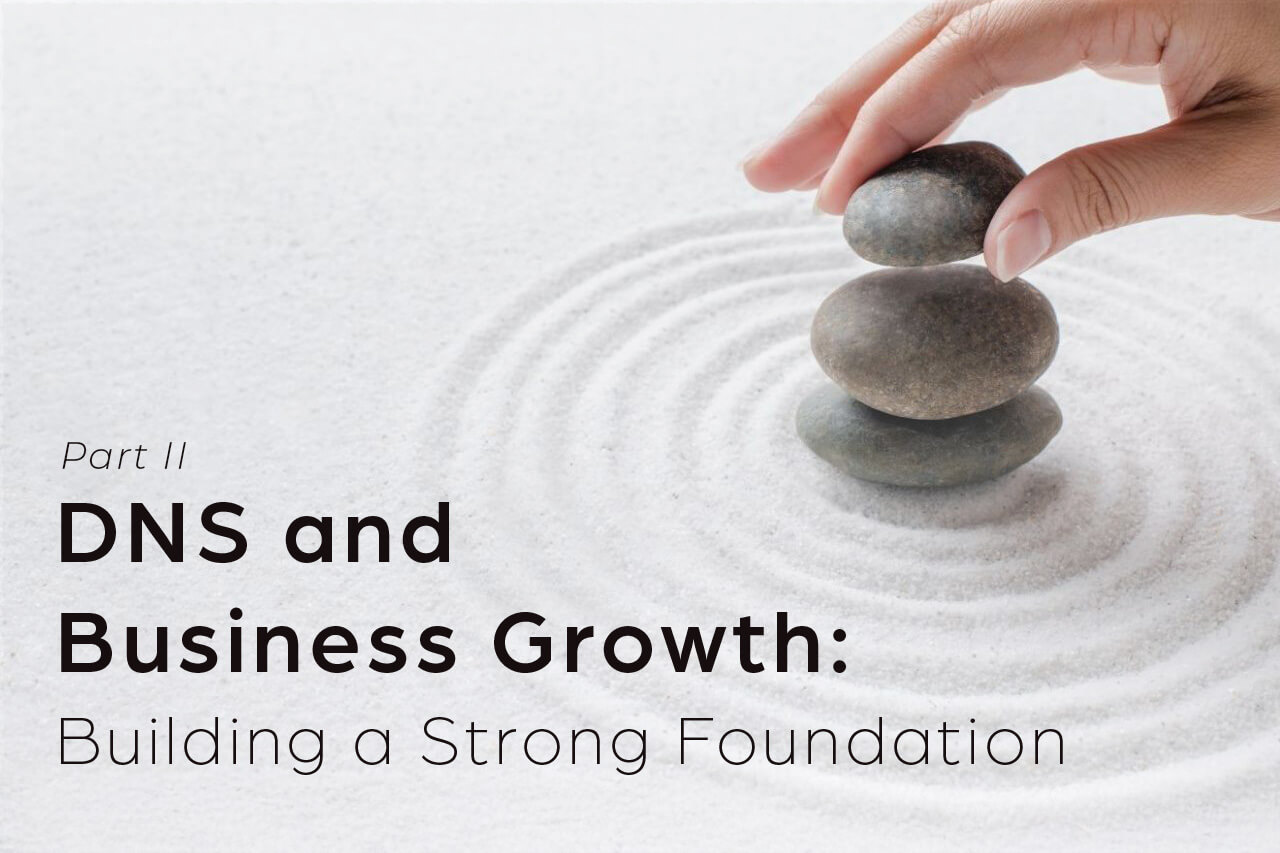DNS AND BUSINESS GROWTH, PART II
When a company experiences uncontrolled growth, especially during its early years (think large contracts or projects, seasonal sales fluctuations, weather events), it’s easy for the company to overlook or simply not have time to develop the necessary internal structures and disciplines to support it once the rapid growth slows down.
We also see this when an owner either doesn’t know about or ignores the structures that need to be in place to support their growing company.
As a consultancy, when we’re brought in to help a company, invariably much of our initial work revolves around rebuilding these structures to both correct the immediate problems and to create a solid foundation for future growth.
One of the easiest missing “motor milestones” to spot is financial reporting. Counterintuitively, when it’s missing or incorrect, it’s also one of the simplest to fix.
Having accurate and timely financial reports that can be understood by the owner and their decision makers is fundamental to making informed decisions. Nothaving them is like asking someone uncoordinated to run a 100-yard dash. They may finish, but they’ll work harder and take longer to do it.
An owner who says, “I’m just not a numbers guy” is not absolved from this responsibility. It simply points to a major weakness in the company.
Another telltale milestone is a company’s sense of direction and purpose and how well those are being lived out. Otherwise known as the company’s vision, mission, and core values, these don’t need to be fancy or etched on plaques around the office. But they do need to be understood by everyone within the organization and serve as a guide for how to behave and perform.
These are the milestones that help a business keep its balance and stay standing through tough times. When a baby falls, they bounce. When an adult falls, they break bones. When a business falls, it affects people’s lives.
Most small business owners don’t think of themselves as business leaders when they launch their companies. They’re too busy selling their products or services, collecting money, and meeting payrolls to think in these terms.
But as the company grows, this changes, and you can gauge the owner’s strength as a leader by looking at turnover within the company. Just as a child learns to stand by falling down, some early turnover is not unexpected. The owner is essentially learning how to stand. But as the company matures, its ability to attract and retain people, especially its leaders, is a reflection of the owner’s leadership skills.
It’s no surprise that most elite athletes are competitive in multiple sports. It’s not because they’ve trained in them. It’s because they’ve conditioned their bodies to compete, they understand the level of effort it takes to win, and they’ve prepared themselves both physically and mentally to perform at an elite level.
It’s no different with business owners. When you understand the fundamentals of running a business and condition yourself to perform at an elite level, you can find success in just about any business you choose.



